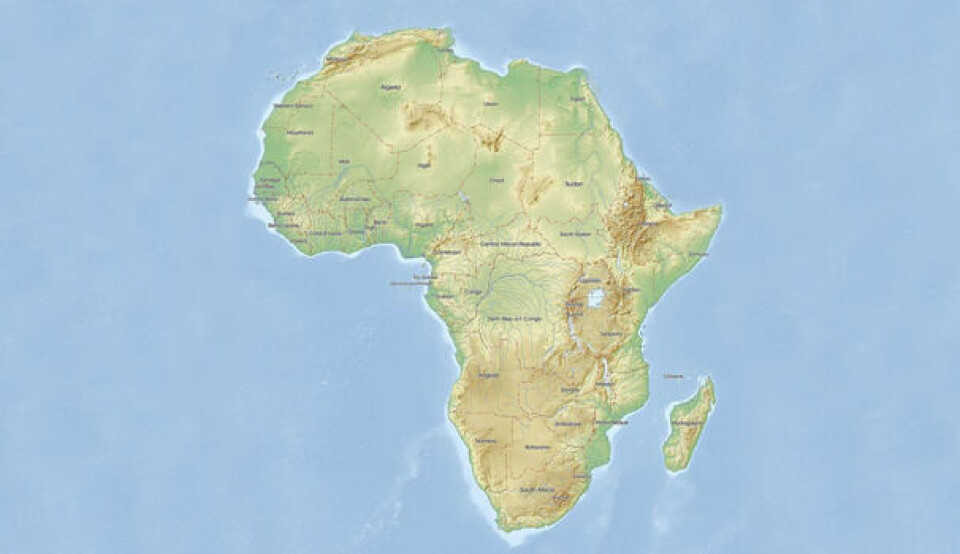Copyright : Re-publication of this article is authorised only in the following circumstances; the writer and Africa Legal are both recognised as the author and the website address www.africa-legal.com and original article link are back linked. Re-publication without both must be preauthorised by contacting editor@africa-legal.com
Cross-border disputes a challenge for AfCFTA

Although 47 African states have now ratified the African Continental Free Trade Area (AfCFTA) Agreement, many challenges still lie ahead, particularly for private parties with disputes, writes Pelumi Abdul.
Since the African Continental Free Trade Area (AfCFTA) Agreement was first established in 2018, with the overall objective of achieving economic integration in Africa, 47 African countries have ratified the agreement. This makes AfCFTA the largest trade area pact in the world. Although the pact has already produced several economic benefits for African nations, there are still looming challenges, particularly with regard to cross-border trade involving private parties.
“Certainly, the absence of provisions for cross-border disputes in the AfCFTA Agreement poses significant challenges for private parties,” commented Chimwemwe R. Mwage, a trade law expert from Malawi and Deputy Head Partnerships and Engagement of the AfCFTA Youth Advisory Council. “Recognising only state-member states complicates matters, leading to reliance on conflicting national laws. To address this, there’s a need for an AfCFTA dispute resolution mechanism that accommodates private entities, fostering a more coherent and business-friendly environment.”
Abasibiangake Akpabio, a Nigerian legal practitioner, believes that addressing the lack of provision for cross-border disputes in the AfCFTA Agreement is crucial to fostering a seamless and conducive business environment within Africa. “Remedying these challenges requires the establishment of a robust dispute resolution mechanism with the framework of the Secretariat tailored to address cross-border disputes among private parties,” Akpabio said. “An example of a workable solution is adopting a semblance of the European Commission’s Online Dispute Resolution Mechanism, which is attuned to settling disputes between private parties instead of EU member states.”
He also pointed out that a dispute resolution mechanism is also present in the EU’s 2024 trade agreement with New Zealand for disputes between governments and investors, and allows private persons or institutions the right of action in courts of their choice. “There is the option of the creation of a specialised or centralised Court of Arbitration outside the Secretariat to deal with disputes under the AfCFTA,” Akpabio added. “Alternatively, the jurisdiction of the African Court on Human and Peoples’ Rights could be broadened to address the economic rights of parties in trade disputes seeking redress. I am confident that by prioritising these mechanisms, the AfCFTA can promote investor confidence, facilitate intra-African trade, and drive sustainable economic growth across the continent.”
Taking a different view, Prince I. Nwafuru, managing partner at The Law Suite commented that, “The exclusion of private dispute settlement mechanisms from the AfCFTA Agreement is deliberate and many have argued that it is a valid approach which reflects emerging treaty practice given the criticisms levelled against the use of investor-state dispute settlement.”
Nwafuru added that, “In the absence of a clear-cut mechanism for the resolution of private sector disputes under the AfCFTA, private and investment disputes can be resolved using two pathways. First, by a recourse to the existing bilateral investment treaties and legal instruments for the resolution of commercial and investment disputes. Second, by putting pressure on the governments to sue on behalf of the claimant.” He acknowledged that the second option may not be viable in small scale disputes, particularly where claimant companies lack the requisite power to lobby the governments to challenge the action.
To join Africa Legal's mailing list please click here
